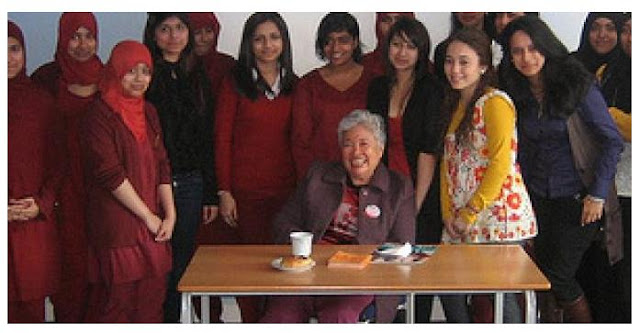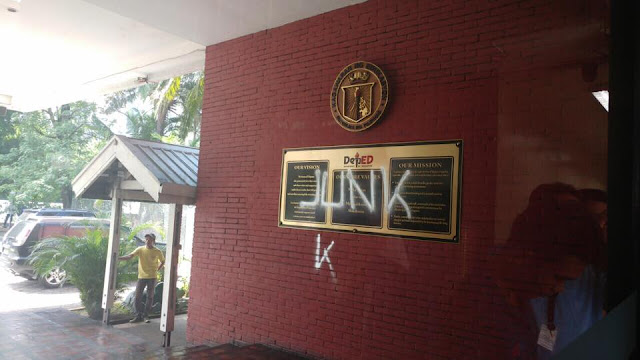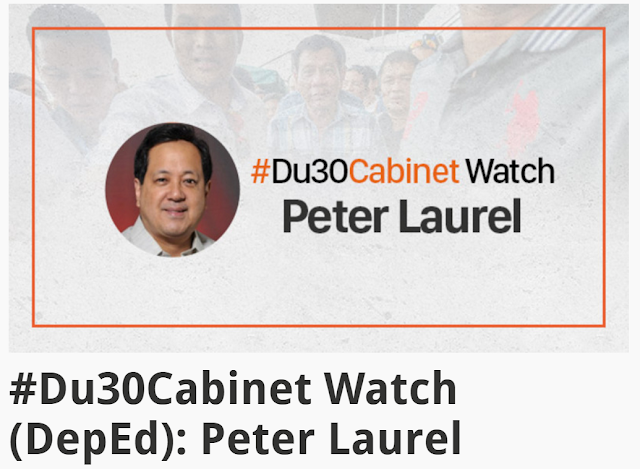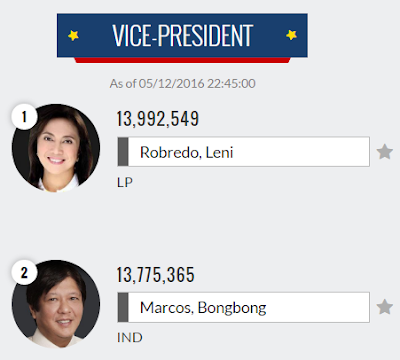Everyone Is Ready for DepEd's K to 12

"Being Ready" nowadays seems to have lost quite an important word, and that word is "fully". Nominee for Education Secretary Leonor Briones is reported to be "ready to head DepEd". Current officials of DepEd are proclaiming "all systems go" for the new senior high school. To see whether we are indeed "ready" SunStar in the Visayas region is asking " Central Visayas, ready for Grade 11? ". There are in fact statements and figures that we should digest properly in that SunStar article to understand better what "ready" really means. Here are those statements and figures: In Cebu Province, where the Department of Education (DepEd) allocated 1,038 classrooms, only 371 have been completed. In Cebu City, the initial target was to build 318 classrooms for senior high schools. But according to the latest assessment, only 52 may be done by the time classes open. Meanwhile, officer-in-charge Dr. Joelyza Arcilla of the DepE









